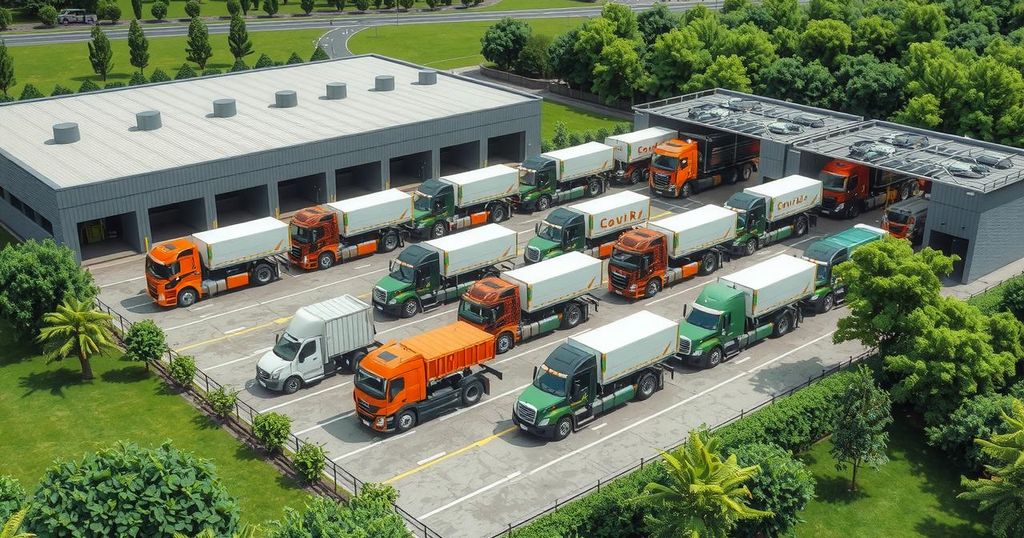Daimler Truck Plans Senegal Assembly Plant in Tripartite Deal

- Daimler Truck signs agreement for assembly plant near Dakar.
- Project aims to start production by 2026 in Senegal.
- Specialized trucks will support local defense and emergency services.
- Joint venture focuses on jobs, training, and technology transfer.
- GTS will lead operations while Daimler ensures quality and support.
Daimler Truck Sets Plans for New Senegal Facility
Daimler Truck has made a significant move by signing a Letter of Intent with the Senegalese government and Global Truck Systems (GTS) aimed at establishing a truck assembly facility just outside Dakar. The proposed facility is set to commence operations in 2026 and reflects Daimler’s commitment to expanding its global production network. The collaboration marks a pivotal step in leveraging Senegal’s rising industrial landscape while providing local job opportunities through the project.
Partnership Focus on Local Production and Job Creation
Under the terms of the agreement, Daimler will serve as the exclusive supplier of Mercedes-Benz CKD (Completely Knocked Down) kits while also acting as a technology partner for GTS, which will manage day-to-day operations at the assembly plant. This joint venture will not only focus on assembling specialized trucks tailored for Senegal’s defense, police, and fire services, but it also aims to produce commercial vehicles for key industries such as waste management, construction, and logistics. As part of the agreement, Senegal is committed to providing the necessary industrial land, tax incentives, and workforce training which are critical for the success of the project.
Strategic Goals and Promising Future for Senegal
Franziska Cusumano, who serves as the CEO of Mercedes-Benz Special Trucks, expressed that the initiative aligns well with the ongoing German-Senegalese development partnerships, emphasizing a shared focus on sustainable practices since 2023. Meanwhile, Michael Dietz, Daimler’s CEO for the Middle East and Africa, underscored the dual goals of job creation and the transfer of industrial capabilities essential for local empowerment. GTS will be responsible for plant setup and personnel training, while Daimler guarantees the reliability of the supply chain, stringent quality control, and long-term service support to ensure smooth operations. This initiative is expected to significantly bolster Senegal’s domestic production ambitions and enhance regional infrastructure relating to mobility.
In conclusion, Daimler Truck’s new assembly plant in Senegal represents a strategic partnership that promises to boost local job creation and industrial capabilities while enhancing the region’s mobility infrastructure. This endeavor highlights the commitment of Daimler to not just provide technology but also engage in sustainable, community-focused development. With GTS at the operational helm, the venture is set to make a considerable impact on the Senegalese economy by 2026.




